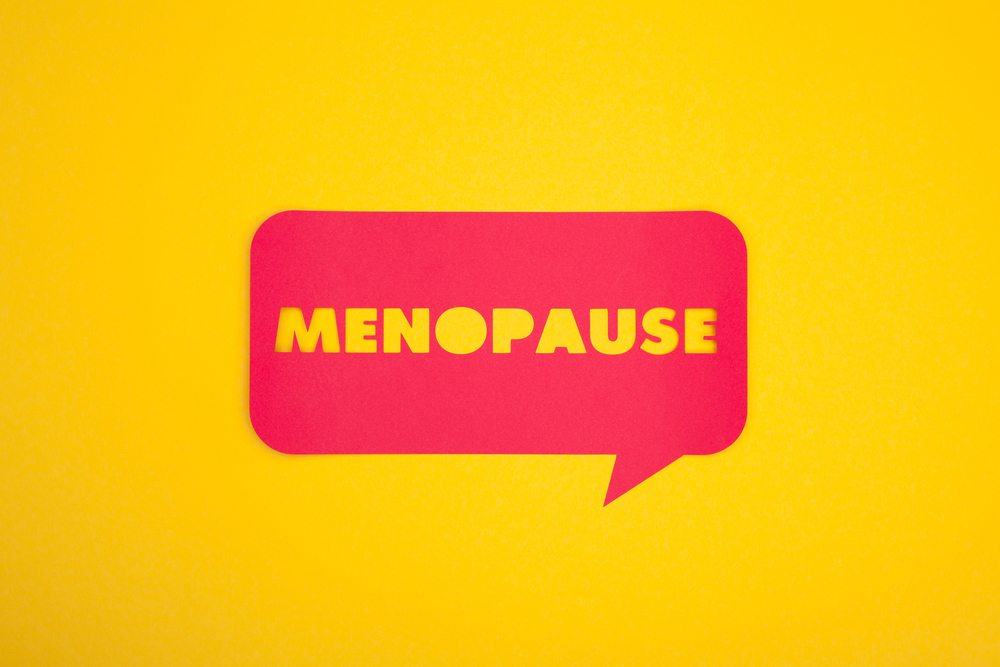
Article provided by Deborah Garlick, CEO, Henpicked: Menopause in the Workplace
And it’s something we’ve been giving a lot of thought to, having worked with hundreds of organisations over the past five years to help them introduce menopause support in the workplace.
An awful lot has happened in that time. Back then, even the word ‘menopause’ was something of a taboo. Rarely mentioned beyond hushed whispers or referred to as the ‘m’ word as though it was a swear word. In the workplace, it was a real rarity to find any kind of menopause support or policy. Outside work, help was often restricted to a very short doctor’s appointment.
But of late, so much has been done to #BreakTheBias surrounding menopause that I think we can truthfully say it’s no longer taboo. In fact, I’m calling time on the word ‘taboo’ in relation to menopause. It’s been the subject of television programmes and documentaries, celebrities — and even royalty, HRH Countess of Wessex — have come out of the woodwork to talk about their own experiences.
It’s even a matter for Parliament, with the successful second reading of the Menopause Support Bill, leading to a reduction in the cost of repeat hormone replacement therapy (HRT) prescriptions and a new Menopause Taskforce to look at other areas of support which are currently failing women.
And it was a pleasure for me to give evidence as a witness to MPs about how employers can demonstrate best practice menopause in the workplace support this week. Even more thrilling for me was to hear Accredited Menopause Friendly employers, HSBC UK and South Tees NHS Trust share their remarkable case studies.
In the workplace, there are now thousands of employers who are actively supporting menopause through their policies and practices. The great thing is that many organisations are realising this is not a costly exercise. Just having access to some reasonable workplace adjustments is often enough for those experiencing menopause symptoms that are affecting their work. Or even knowing there’s someone to talk to that will lend an understanding and listening ear.
Some people simply sail through it and barely notice anything. Others experience a range of symptoms. We’ve all heard of hot flushes, but it can also bring on brain fog, anxiety, problematic periods, headaches… you name it really. And while menopause itself usually occurs around age 51, on average, the symptoms can begin many years before. Some also experience an early menopause due to surgery or for natural reasons.
So why on earth wouldn’t we talk about it? For those experiencing adverse symptoms, it can make all the difference to know help and support is out there. And it can affect family members, friends and colleagues too, having to watch their loved one or colleague going through a potentially tough time.
There is much more information out there now too about how to manage menopause symptoms, whether through medical interventions like HRT, lifestyle changes such as diet and exercise, or complementary therapies — or indeed, a combination of them all.
It’s been a very rapid pace of change, which it fantastic. Of course, that’s not to say it’s all done and dusted. There’s always room for more support, better services, higher-quality information. But for me, we’ve certainly made great strides to #BreakTheBias.
Let’s keep those conversations flowing and change the old stereotype of menopause for good.
 About the author
About the authorNovember
27/11/2025 14:00 - 17:00(GMT+00:00)
Introducing MenoMinds – Free Training for Women in Business We’re excited to share MenoMinds, a fully funded programme created by Menospace and
We’re excited to share MenoMinds, a fully funded programme created by Menospace and Minds That Work, supporting women in business, freelancing, or entrepreneurship through the emotional and mental challenges of menopause.
Thursday 27 November | 2pm – 5pm (UK)
Live on Zoom | 💷 Free (funded by NEBOSH’s Social Purpose Programme)
Menopause can affect confidence, focus and wellbeing — MenoMinds helps you take back control with practical tools and a supportive community.
You’ll explore the CARE Framework:
Includes a digital workbook and invitation to monthly community groups on sleep, nutrition and stress management.
Freelancers, entrepreneurs, and women in small or micro-businesses (under 50 employees).
Facilitators: Haley White (Menospace) and Victoria Brookbank (Minds That Work)
